Real estate underquoting: Fines spike amid crackdown on dodgy Victorian agents
A crackdown on dodgy Victorian real estate agents has led to almost as many fines in four months as the entire year before. Now the industry is considering ways to fight the problem.
Property
Don't miss out on the headlines from Property. Followed categories will be added to My News.
A crackdown on dodgy Victorian real estate agents has issued almost as many fines for underquoting in the past four months as it did in the entire year before.
But the most respected of the state’s real estate industry who introduced advertised price guides to the state’s property market decades ago believe the government are fighting a “broken” system that needs change.
It comes as the state’s peak real estate body prepares to host a members-only debate on the topic of disclosing vendor reserves, the price at which a seller will let their home go, prior to auction as a way to stamp out the hated practice and fix the industry’s standing after they were recently named Australia’s least ethical profession by the Governance Institute.
RELATED: Melbourne on track for wrong home boom
20 Melbourne suburbs that are undervalued right now
New figures released by Consumer Affairs Victoria to the Herald Sun this week show the state’s $3.8m underquoting task force issued 35 infringements and 42 official warnings to agents for underquoting, with fines totalling $379,000 between July 1 and October 31 this year.
In the entire 2022-2023 financial year CAV inspectors issued 48 infringements, 37 warnings and fines topping $520,000.
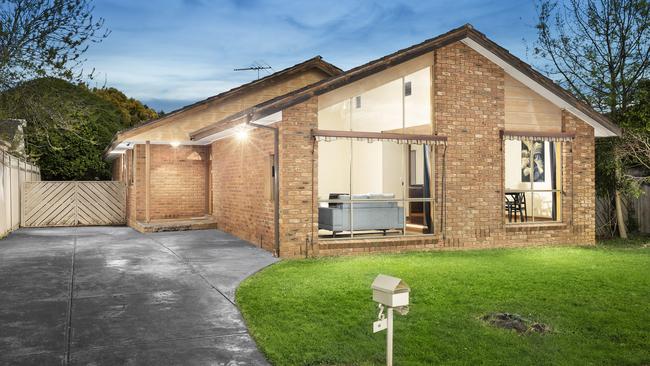
In that same time they received 1677 inquiries from the public regarding underquoting, and had received 640 more from July 1 to the end of September this year.
“We expect all estate agents to follow the law and accurately represent the property they are selling,” a spokeswoman said.
The Real Estate Institute of Victoria will host a members-only meeting on November 21 to assess the pros and cons of disclosing a vendor’s reserve prior to auction as an industry-led way to end the much-hated practice of underquoting.
“The upcoming auction reserve debate being hosted by the REIV is an opportunity for our members to review, consider and ultimately inform a clear policy position on the matter,” a spokesman said.
But Woodend-based real estate agent John Keating believes the meeting should have been open to the public and has bankrolled his own event alongside outspoken buyer’s advocate David Morrell, to be held on November 29 at Leonda by the Yarra.
Mr Keating is believed to be the first agent to use advertised price guides in Victoria, listing a former Queen’s Council lawyer’s Mt Macedon house for $300,000-$400,000 in 1984. It sold for $347,500.
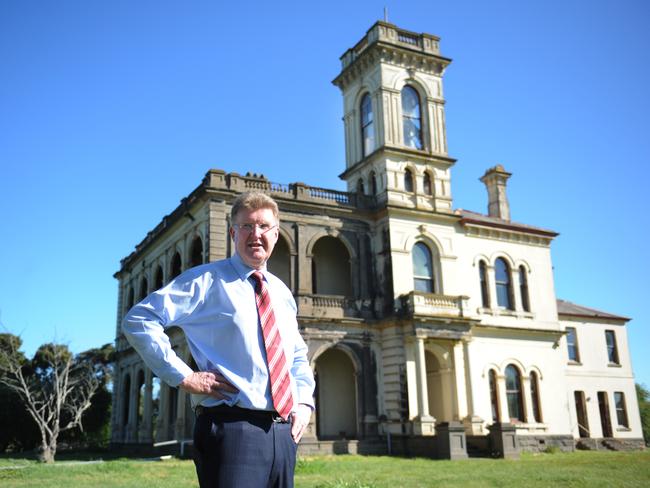
Legislation now requires price guides and comparable sales be provided with all Victorian residential real estate listings, but the agent said the state’s current real estate pricing system was “broken” and “fundamentally flawed” with underquoting “as bad as it’s ever been”.
Mr Keating said the core problem was vendors being allowed to change their reserve price up until they signed the contract, which allowed agents to legally underquote, either by design or ignorance, by only discussing the auction reserve in the moments before the auction.
“And if it’s not addressed there will be thousands of people who will continue to be duped every weekend,” Mr Keating said.
MORE: Which Melb suburbs are tipped for granny flat boom
Best way to beat rate pain as hikes bite around Victoria
He estimated as much as 70 per cent of home sellers were also facing agents “overquoting” what their home would sell for in the hopes of winning the listing and talking the price down across the sales campaign.
“How can we expect to be respected as a profession if we continue to engage in these practices?” he asked.
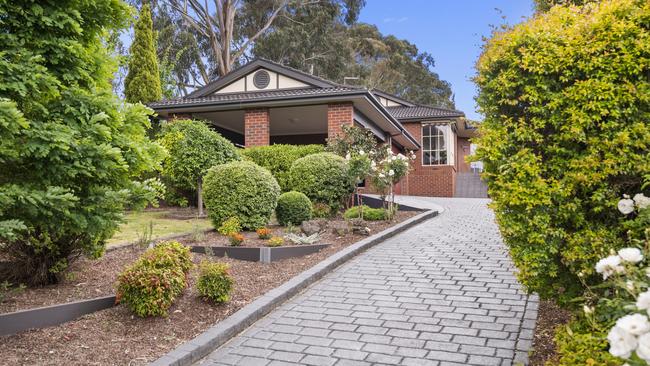
Mr Keating said he had advertised vendor reserves for 20 years and the industry adopting the practice as a standard could end both underquotingand overquoting.
Jellis Craig founders Richard Jellis and Alistair Craig began regularly advertising home prices in Melbourne in about 1993, making them among the first to do so in the state’s capital.
Now retired, Mr Jellis said they initially included the vendor’s reserve in advertised prices as the industry was facing heavy criticism for verbal underquoting.
“It was a concept that worked for us well for a couple of years, but when it got mimicked by out competition … that made it more difficult for us to maintain the standard of containing the vendor’s reserve within the advertised range,” he said.
“So I’m not saying we were angels.”
Today, Mr Jellis said “the government has basically failed in their endeavour to rein in the practice of underquoting”.
However, he estimated that in 70 per cent of sales underquoting wasn’t an issue, with many homes sold above reserve just reflecting agents doing their job and creating competition.
While Mr Jellis said the industry should continue to try to improve satisfaction levels for buyers and sellers, he warned against government legislation requiring vendors to disclose reserve prices.
Jellis Craig co-founder Alistair Craig said most agents would oppose disclosing reserve prices and flagged it could impact Melbourne’s status as the world’s auction capital.
“The reserve is the minimum acceptable, not necessarily what they are hoping to achieve,” Mr Craig said.
“That’s why you engage an agent. To get the best possible price.
“And I wouldn’t want to back my clients into a corner.”
On Thursday night Jellis Craig’s Michael Amarant auctioned 55A Gold St in a $1.21m sale, after disclosing the home’s reserve at $1.2m ahead of it going under the hammer.
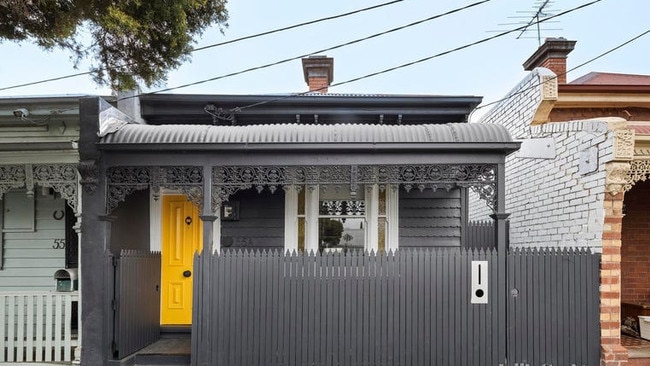
Mr Morrell said not only should reserves be disclosed, but that vendors should face fines for their part in underquoting.
He added that he believed some of the complaints received by Consumer Affairs in the past year had come from vendors.
Ray White Victorian chief auctioneer Jeremy Tyrell said he didn’t “totally disagree with the idea” and had called a number of auctions where the reserve was disclosed.
“But there’s a fear among owners that they might not get what they could, if they disclose,” Mr Tyrrell said.
“We don’t effectively set the reserve until the time the auction starts. That’s when we ask ‘what’s the bottom price’, and you see fear come in there. And sometimes, it’s a long way above everything you have discussed with them.”
He added that he believed underquoting was still a concern in the market and the state’s pricing system “still needs work”.
“It’s not a perfect system,” Mr Tyrrell said. “But it’s very hard to find a perfect system.”
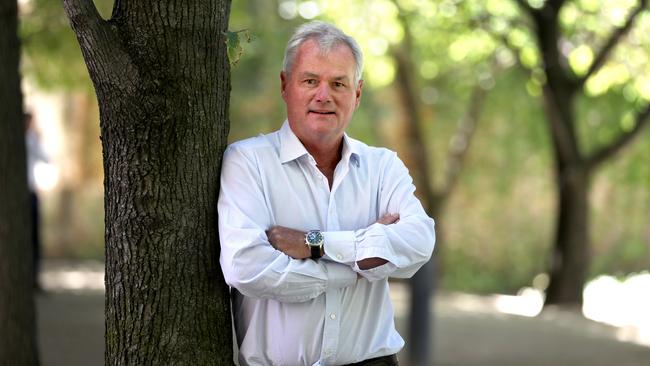
Real Estate Buyers Advocates Association of Australia president Melinda Jennings said the concept of mandatory reserve disclosure would save many buyers the “heartache” of pursuing homes they could never have afforded. While the move might hit sale prices, Ms Jennison said sellers should still get a figure they were willing to accept.
Prominent Melbourne buyer’s advocate Cate Bakos said disclosing reserves would “solve a lot of mystery and shades of grey”, but vendors should have scope to change their reserve price after listing their home if the market moved until up to three days before auction — which would leave buyers time to get inspections done before auction day.
John Keating’s public underquoting forum will be moderated by former ABC radio host John Faine at Leonda by the Yarra from 1pm to 3pm on November 29.
Sign up to the Herald Sun Weekly Real Estate Update. Click here to get the latest Victorian property market news delivered direct to your inbox.
MORE: Sunshine house price record: Medieval-style home sets $1.8m benchmark for the suburb
Toorak: Site with plans for a five-storey cruiseliner-style mansion set to make waves


